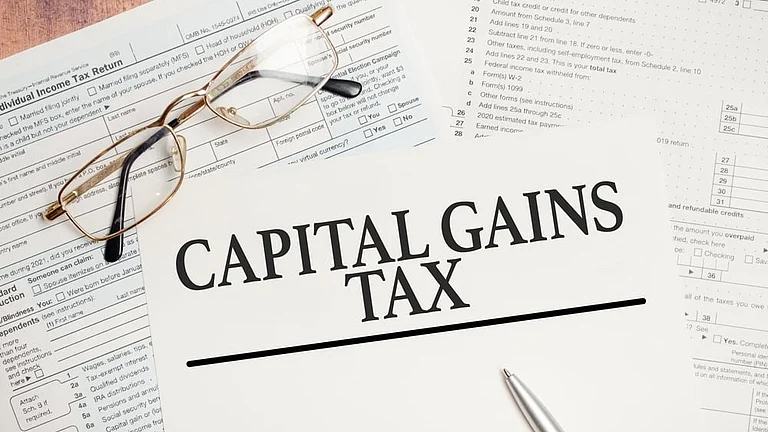There’s a familiar pattern that plays out around tax season. People scramble to find old receipts, click through confusing tax portals, some may even second-guess which regime to choose, and eventually do whatever looks close and easy enough. A new report shows just how costly that can be.
Most IT Professionals Missed Out On Tax Savings, Nearly Rs 50,000 Each: Report
Part of the problem is awareness. The broad takeaway is that not everyone needs to outsource their taxes completely. But there’s something to be said for slowing down, getting guidance, or at the very least, doing a proper comparison before filing
According to research by 1 Finance, a personal finance advisory firm, 68 per cent of IT professionals could have saved Rs 49,094 in taxes on average for FY 2024-25, but didn’t. The study, which analysed tax data from 1,865 salaried individuals in the tech industry, highlights how common it is to leave money on the table, not because of any wrongdoing, but simply because most people are not able to figure it out on their own.
Wrong Regime, Wrong Results
A third of those studied picked the wrong tax regime. Of them, 86 per cent should have switched from the old to the new, and 14 per cent the other way around. That one choice, often made without complete comparison or understanding, made a noticeable difference in their final tax outgo.
This is not surprising. For many salaried professionals, regime selection is based on guesswork or default HR settings. Some stick to the old one because it is familiar; others jump to the new one, assuming it is automatically better for higher salaries. Few actually sit down and calculate both options based on their own deductions.
Underused Benefits, Especially Corporate NPS
The report also points out how Corporate NPS, a powerful tax-saving tool, is largely overlooked. Eight out of ten professionals did not make use of it. Even among those who had access to it through their employer, very few used it correctly.
Only 18 per cent (329 out of 1,865 respondents) reported that their employer offers Corporate NPS. Of these, as high as 84 per cent (277 individuals) did not claim the benefit.
Just about 52 IT professionals actually claimed it. Nearly 40 per cent of these 52 individuals did not fully utilise it.
Part of the problem is awareness. The report notes that many employees are not sure what it is or assume it is not flexible enough because of the lock-in. On the employer side, there is often little incentive to extend it due to the extra paperwork involved. However, when used correctly, contributions to Corporate NPS, over and above the usual deductions, can reduce taxable income further under Section 36(1)(iva). This is an option more people would likely use if it were explained clearly and made easier to access.
Where Are People Going Wrong With DIY?
DIY, short for do-it-yourself, is a practice wherein an individual would carry out a task themselves rather than taking it to the concerned master of craft or expert.
Tax planning is not easy and the report notes that the DIY route for tax filing has had many taxpayers miss out on deductions. There are small but costly compliance gaps that many miss.
Among the IT professionals studied:
4 per cent should have deducted TDS on rent above Rs 50,000/month. Missing this can result in interest and penalties
13 per cent did not pay advance tax when they were supposed to; again, penalties apply
31 per cent had more than one source of income, such as freelancing in addition to a full-time job, which makes ITR selection trickier
15 per cent held crypto assets, an area with stricter rules and higher chances of filing errors
These are not rare scenarios anymore, the report finds. Many professionals today have side income, dabble in crypto, or live in rental apartments in metro cities, and tax filing, therefore, becomes more complex than it looks at first glance.
CA Niyati Shah, Vertical Head – Personal Tax at 1 Finance, explains it simply: “Tax filing isn’t just technical. It’s personal. It’s not that people aren’t smart enough — they’re managing complex careers. But when it comes to taxes, clarity is hard to come by.”
According to her, many individuals don’t realise the value of tax advice until they have made a costly mistake or paid more than they should have, year after year.
The broader takeaway from the report is not that everyone needs to outsource their taxes completely. But there’s something to be said for slowing down, getting guidance, or, at the very least, doing a proper comparison before filing. The Rs 49,094 average tax loss may not sound massive on its own. But when the same thing happens year after year, it adds up, and that’s just on the surface.


